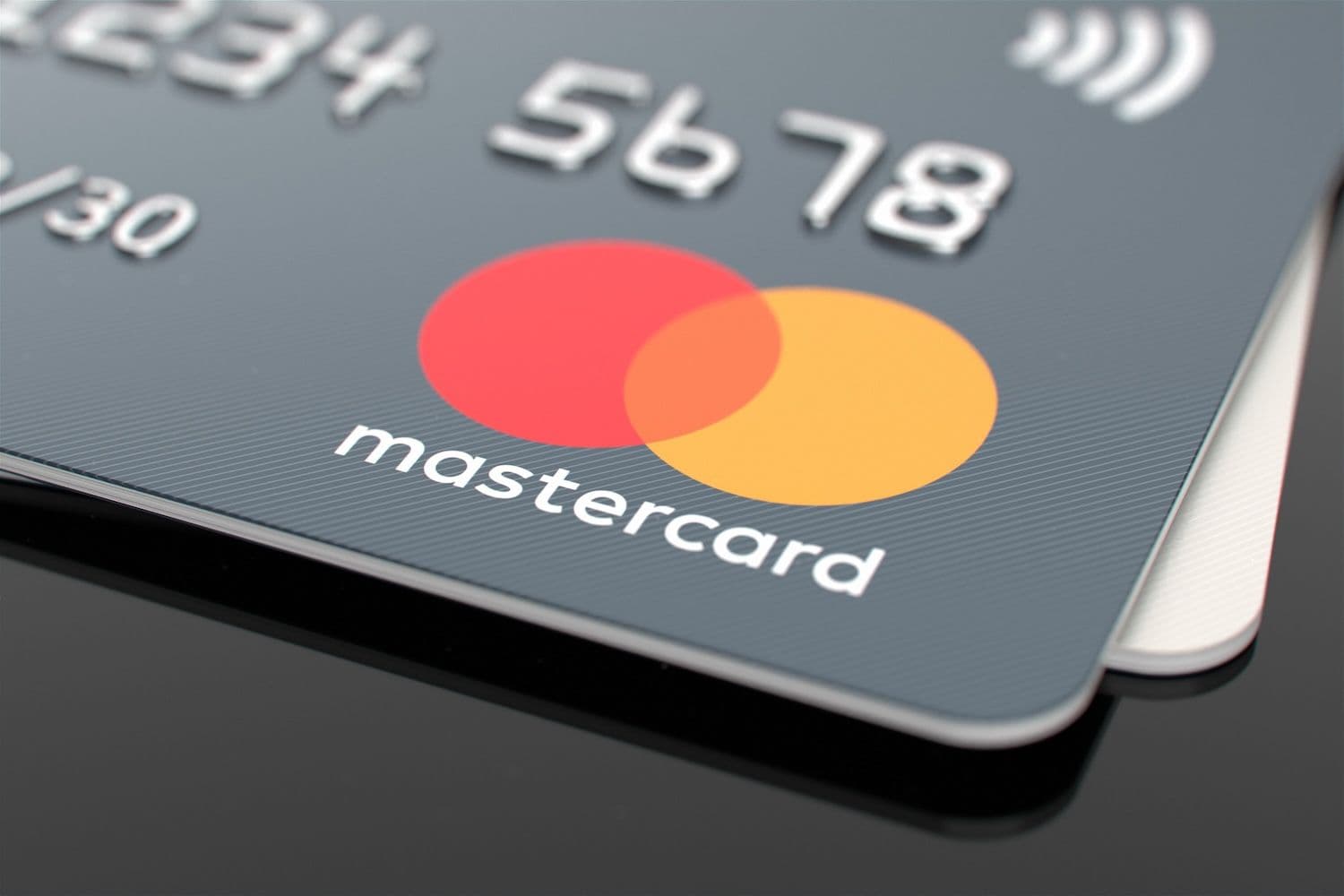Chainlink has forged a partnership with Mastercard to bridge traditional payment systems with decentralized finance platforms, potentially opening cryptocurrency purchases to more than 3 billion cardholders worldwide. The collaboration will enable users to buy digital assets directly through on-chain decentralized exchanges using their existing payment cards.
What to Know:
- The partnership connects Mastercard's global payment network with Chainlink's blockchain infrastructure to facilitate direct crypto purchases
- More than 3 billion cardholders will gain access to decentralized finance platforms through the Uniswap protocol
- The initiative removes traditional barriers between legacy payment systems and cryptocurrency markets
The partnership involves multiple technology providers working together to create seamless transactions. Zerohash will handle liquidity and on-chain services to convert traditional payments into smart contract settlements on Uniswap. Shift4 Payments, Swapper Finance, and XSwap will deliver what the companies describe as a "next generation app experience" for users.
XSwap, operating within the Chainlink ecosystem, uses the protocol's data and interoperability standards to provide compliance, custody, and transaction infrastructure.
This framework allows cardholders to convert fiat currency into cryptocurrency without encountering the typical obstacles that separate traditional and digital finance sectors.
The technical implementation leverages Chainlink's interoperability infrastructure alongside Mastercard's established global payments network. According to the press release, this combination addresses "long-standing barriers that have kept mainstream users from accessing the onchain economy."
Industry Leaders Highlight Market Demand
Sergey Nazarov, co-founder of Chainlink, emphasized the significance of connecting traditional finance with decentralized systems. He praised Mastercard's "innovative implementation" and credited partner organizations for completing what he characterized as a "complex" collaborative effort.
"This is the type of traditional finance and decentralized finance convergence that Chainlink was built to make possible," Nazarov stated.
He expressed enthusiasm about enabling connections between traditional payment systems and Mastercard's extensive user base, describing the initiative as providing access to "next generation trading environments of onchain decentralized exchanges."
Raj Dhamodharan, executive vice president of Blockchain & Digital Assets at Mastercard, believes the product addresses existing consumer demand. He suggested that cardholders want simplified access to cryptocurrency markets, and this collaboration will provide that connection.
The partnership aims to "unlock" bridges between crypto users and merchants while potentially accelerating cryptocurrency adoption and growth. Drew Turchin, head of business development at Uniswap Labs, highlighted the protocol's foundational role in on-chain markets.
"The Uniswap protocol has become foundational for onchain markets, enabling developers around the world to build new tools for a wide range of users," Turchin said.
He described the Swapper implementation as another example of how the protocol serves as "critical infrastructure in the financial stack."
Market Impact and Accessibility
The collaboration represents a significant step toward mainstream cryptocurrency adoption by eliminating technical barriers for everyday consumers. Traditional cardholders will no longer need to navigate complex cryptocurrency exchange processes or manage separate digital wallets to participate in decentralized finance.
The integration promises to streamline the user experience while maintaining the security and decentralization that defines blockchain-based financial systems. By connecting established payment infrastructure with emerging financial technology, the partnership could accelerate institutional and retail adoption of cryptocurrencies.
Closing Thoughts
The Chainlink-Mastercard partnership creates unprecedented access to decentralized finance for billions of traditional payment users. This collaboration bridges the gap between conventional financial systems and blockchain technology, potentially transforming how consumers interact with cryptocurrency markets.



